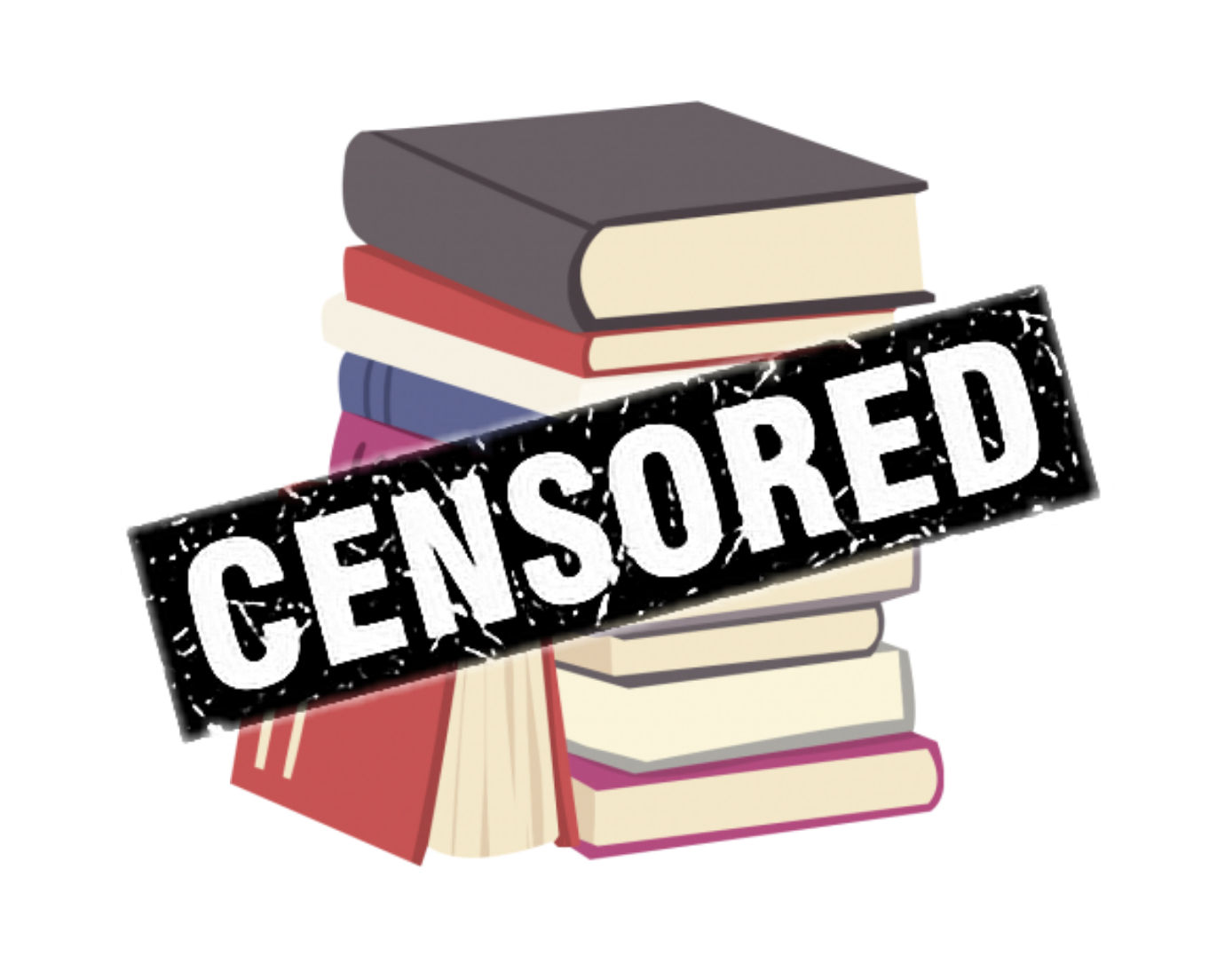rashemamelson.org – Censorship, the act of examining and suppressing or altering materials that are deemed objectionable for moral, political, or security reasons, has a profound impact on literature. Throughout history, literature has been a mirror reflecting society’s values, beliefs, and conflicts. It has also been a tool for challenging the status quo, exploring controversial topics, and advocating for change. However, when censorship is imposed, it not only affects the literary works themselves but also the broader cultural and intellectual landscape. This article explores the multifaceted impact of censorship on literature, examining its effects on authors, readers, and society as a whole.
Stifling Creativity and Freedom of Expression
One of the most immediate impacts of censorship on literature is the stifling of creativity and freedom of expression. Writers often explore complex, controversial, or sensitive topics in their work, pushing the boundaries of thought and challenging societal norms. Censorship, by its very nature, limits what can be written and published, thereby inhibiting the creative process. This can lead to self-censorship, where authors censor themselves to avoid potential backlash, which can dampen the vibrancy and diversity of literary output.
Erosion of Intellectual Freedom
Censorship also erodes intellectual freedom, which is essential for the development of a well-informed and critical citizenry. Literature plays a crucial role in fostering empathy, understanding, and critical thinking. By restricting access to certain ideas or perspectives, censorship limits the exposure of readers to diverse viewpoints, potentially leading to a less informed and more homogenized society.
Historical and Cultural Loss
The impact of censorship on literature extends beyond the immediate effects on authors and readers. It can also result in a loss of historical and cultural knowledge. When books are banned or destroyed, the stories, experiences, and perspectives they contain are lost. This can lead to a skewed understanding of history and a diminished appreciation of cultural diversity.
Resistance and Creativity
Despite the challenges posed by censorship, it has also inspired resistance and creativity within the literary community. Throughout history, writers have found ways to circumvent censorship, using allegory, metaphor, and other literary devices to convey their messages. This has led to some of the most innovative and enduring works of literature. Moreover, the act of banning a book can sometimes increase its allure, leading to a surge in interest and readership.
Conclusion
The impact of censorship on literature is complex and far-reaching. While it can stifle creativity, erode intellectual freedom, and lead to cultural loss, it has also inspired resistance and innovation. The struggle against censorship is, at its heart, a fight for the right to explore ideas, express oneself freely, and engage in open dialogue. As such, it is a battle that touches on the very essence of what it means to be human. In the face of censorship, the resilience of literature and the human spirit shines through, reminding us of the power of words to challenge, inspire, and transform.
